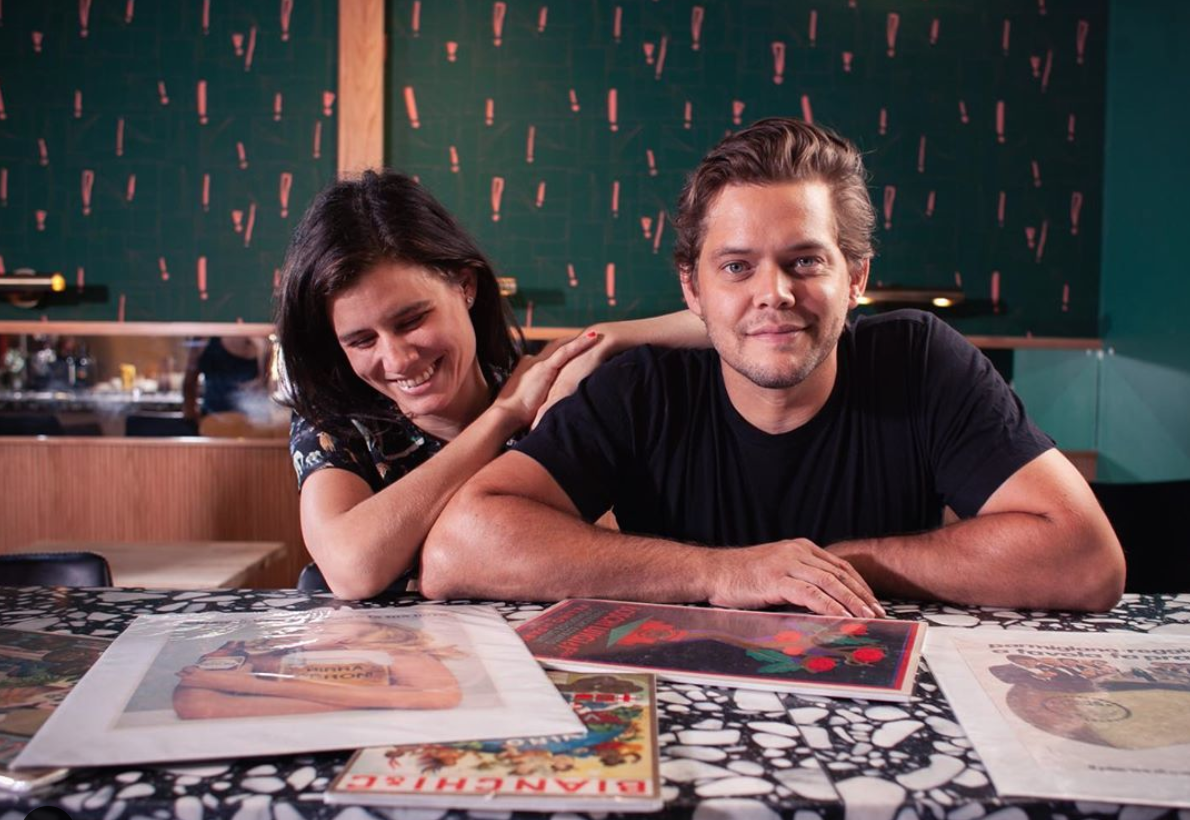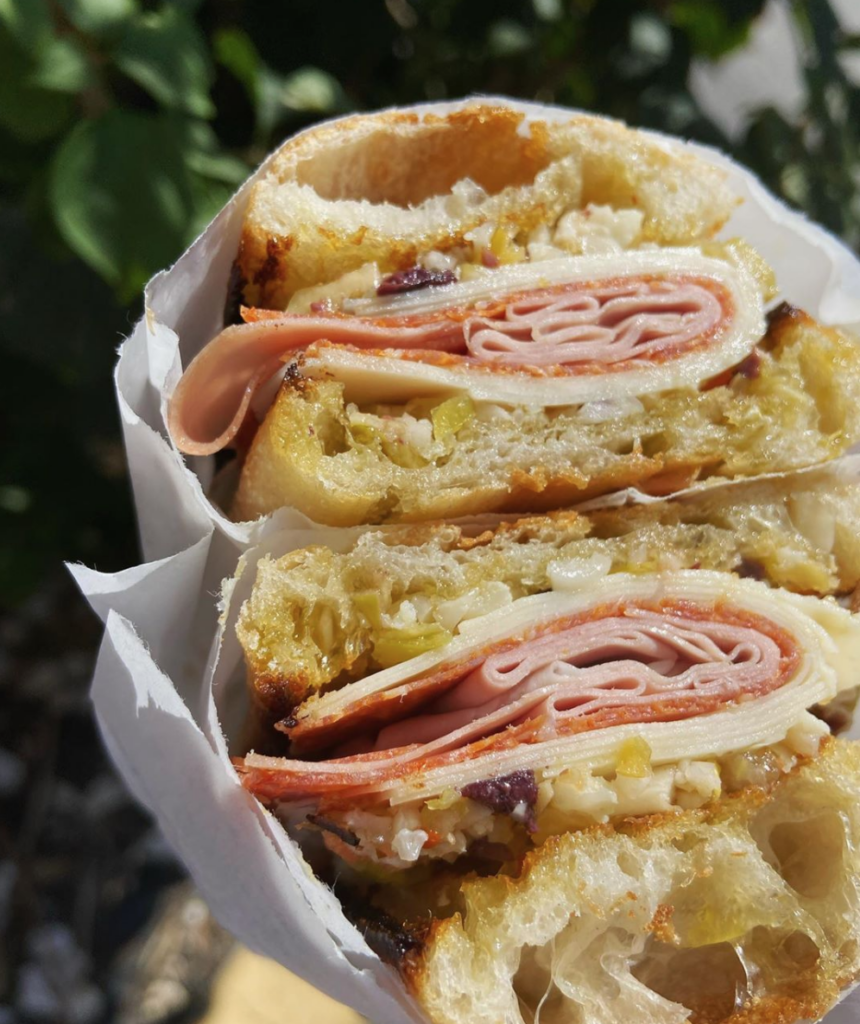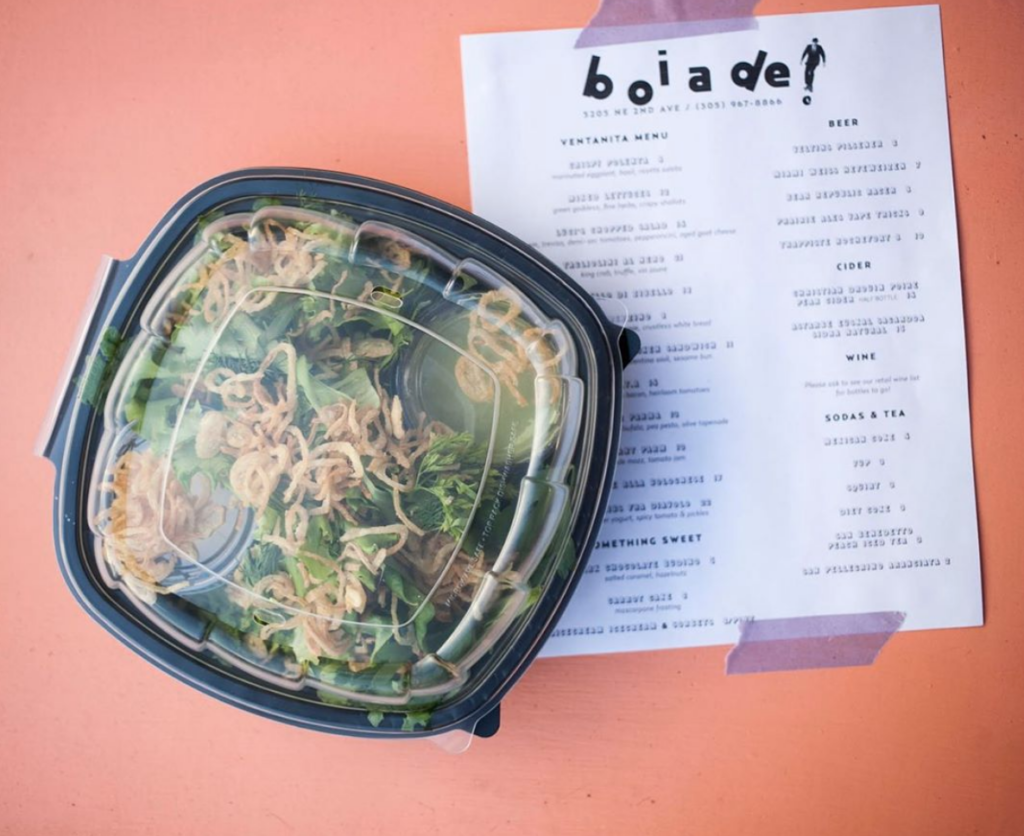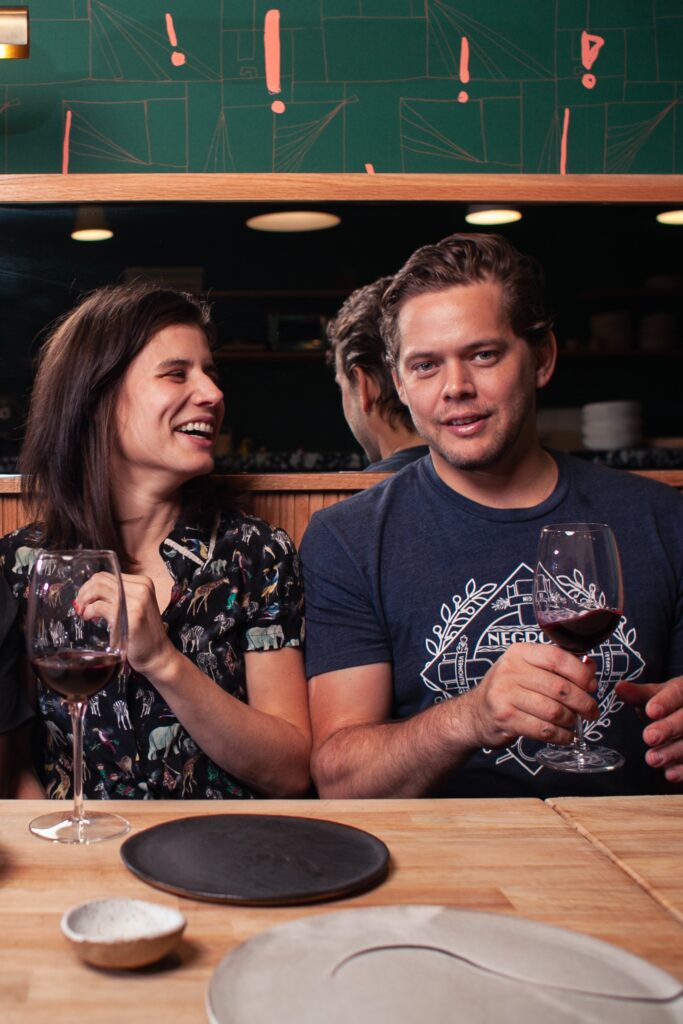Boia De’s Luci Giangrandi and Alex Meyer on running a restaurant during a global pandemic
Restaurants and bars are among the businesses that have been hardest hit by the coronavirus pandemic. Having struggled through a months-long shutdown that forced many out of business, and now working under government ordinances that

Restaurants and bars are among the businesses that have been hardest hit by the coronavirus pandemic. Having struggled through a months-long shutdown that forced many out of business, and now working under government ordinances that have hampered many establishments’ abilities to serve guests, restaurateurs have had to reassess costs, lay off staff, and pivot their business models and menus to focus on takeout and delivery services. Despite these challenges and the ever-present shadow of uncertainty that most of us find ourselves in today, chef couple Luci Giangrandi and Alex Meyer have striven to adapt, learning from the challenges they’ve encountered over the past few months and looking ahead to what is hopefully a brighter future for the industry.
The pandemic has affected everyone in the food/beverage and hospitality industries. How has it most affected you and your businesses? In broader terms, how do you think it has most affected the local food scene?
Luci: Besides the devastating financial impacts on our business, the loss of longtime staff members has been a huge blow. Until the pandemic, we had excellent staff retention, but throughout COVID, the upheaval and risk caused a few longtime members of our team to step back from their roles. Turnover in the hospitality industry is a fact of life but these circumstances blindsided us all so it feels especially difficult during these times.
Alex: There was already a slow movement away from flashy beach hotel restaurants, but this pandemic has flipped the local scene on its head. Now, the people doing well are the little guys who are able to pivot quickly, have low overhead, local appeal, and affordable menus. The pandemic also accelerated many closures. There we so many restaurants hanging on by a thread — the pandemic hit them all like a ton of bricks.

What has been the biggest lesson you’ve learned going through this ordeal?
Alex: To trust our gut and throw hesitation to the wind. The easiest and safest thing we could have done for the survival of the business would have been to just close the doors and take all the government-backed loans and grants we could. We have serious hesitations each time we want to make a big change to the business, but just like opening in the first place, you have to just say “go for it.”
How have you managed to surmount obstacles presented by the pandemic and subsequent social distancing/serving policies and Miami-Dade County restaurant restrictions that came into effect?
Luci: Our willingness to be flexible and adapt has been key. We knew we had to think outside of the box because our pre-COVID business model was all about a small, intimate, dine-in restaurant. We didn’t even allow takeout beforehand. Then all of a sudden, with safety as our top priority, we had to find a new way to provide that same warmth and quality experience.
Our loyal customers have also been a huge part of our survival. They’ve stuck with us through only takeout, a quick 10-day return to dine in, then closed again, and now are willing to sit outside in our rustic parking lot in the middle of the Miami summer. If it weren’t for great customers like these, we would have likely closed months ago.
Tell us about the new takeout menu — how did you go about curating it?
Luci: After the first shutdown we learned a lot about what it took to run a to-go business. The second time around we were more prepared to approach the menu in a practical yet fun way. We wanted to make the food we wanted to make, but cold dishes and other items that traveled well made the cut, while we kept a few special dishes for dining in only. The most important thing to us is that the food you receive to go is equally as enjoyable as what you might eat when dining with us.

Several restaurants have begun switching to a takeout-only model. Do you think we’ll see more of this in the future, even as restrictions around onsite dining ease?
Luci: There will always be a need for takeout concepts but there will also always be a strong desire for an onsite restaurant experience. Takeout only will not replace onsite dining, but we will definitely see business owners gravitate towards locations with outdoor space and curbside access. Hopefully, delivery services will also begin adapting and building a more equitable relationship with small, independent restaurants.
Have orders for items from the larder increased as more people turn to cooking at home?
Luci: The larder has been a very fun experiment for us. It’s something we had always wanted to explore but lacked the time. Then, during the lockdown, various regulars began asking us to source certain products for them and we saw we could fill a need and also provide business to our purveyors. As our offerings have grown, so have the orders.

While the pandemic has certainly been a devastating experience for so many businesses, can you think of any opportunities it has created for the restaurant industry? Any silver lining here?
Alex: The shutdown shined a light for the rest of the country on just how large a part of the economy and how large of an employer the hospitality industry is, with over 16 million workers. The revenue and employment are both greater than those of the airline industry, which begs a lot of questions about “bailouts,” for another time, of course.
It also really illuminated how every independent restaurant is really dancing on a tightrope as a business. The industry shut down for a couple of weeks and 16,000 restaurants permanently closed.
We’ve personally found ourselves in survival mode, piecing together several different revenue streams to keep the ship afloat, but as we come out of the pandemic, there will have to be a lot of soul-searching as an industry and its structural resilience: workers need to be paid more; tips need to go away; sick leave needs to be mandatory; leases need to have built-in safety measures for business interruption occurrences; and unfortunately, all of this costs money, which means menu prices need to go up. As much as we want to do all those things, we simply can’t afford it. Until every restaurant decides to make these moves, the leaders in that will never survive the menu price backlash.
All that said, the silver lining may just be using this as an opportunity to reset and restart this industry from the ground up.
How do you and your team remain hopeful at a time like this? Any advice to those out there in the industry who are struggling to see the light at the end of the tunnel?
Luci: It is hard to be constantly thinking about the long term when there is so much uncertainty, but working day to day together as a team is comforting. It was tough to adjust at first but every day it feels better. A lot is about perspective — things may not be as [they were] before, but it still feels wonderful when we look around our parking lot dining room and see guests safely and full-heartedly enjoying themselves.
Amanda M., Contributing Writer


